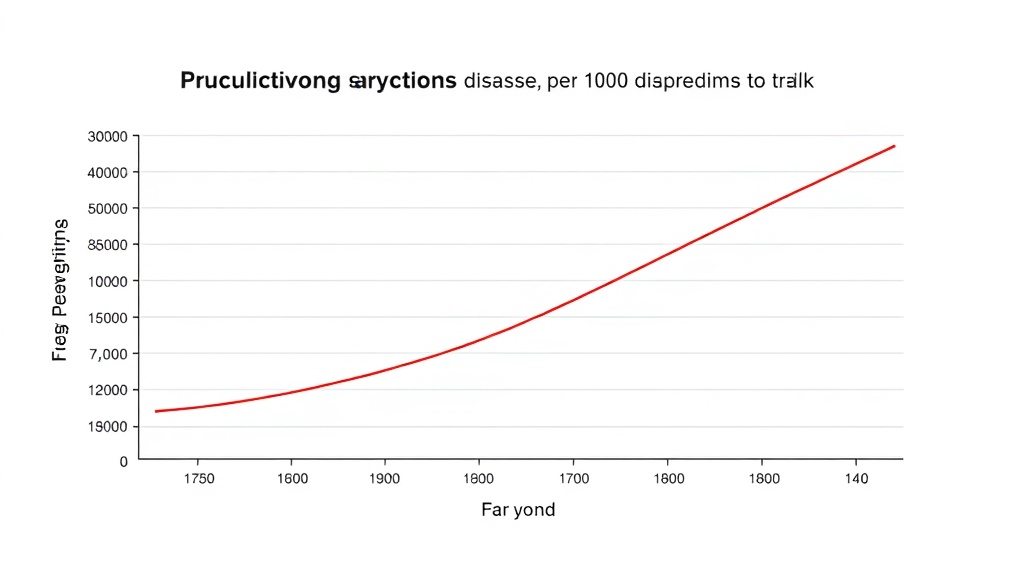Home / Health / Sleep Apnea Linked to Higher Parkinson's Risk
Sleep Apnea Linked to Higher Parkinson's Risk
24 Nov
Summary
- Sleep apnea patients face a nearly twofold higher risk of Parkinson's.
- CPAP treatment for sleep apnea reduces Parkinson's risk by 31%.
- Millions of Americans with undiagnosed sleep apnea are at risk.

Individuals living with sleep apnea face an elevated risk of developing Parkinson's disease, a progressive neurological disorder. The condition, characterized by interrupted breathing during sleep, can lead to oxygen deprivation, potentially damaging brain neurons over time. Studies involving millions of veterans reveal a nearly doubled risk of Parkinson's for those with obstructive sleep apnea (OSA).
Encouragingly, treatment with Continuous Positive Airway Pressure (CPAP) machines has demonstrated a significant protective effect. Veterans treated for OSA with CPAP experienced a 31% reduction in their risk of developing Parkinson's disease compared to their untreated counterparts. This suggests that maintaining proper oxygen levels during sleep is crucial for neural health.
With millions of Americans affected by sleep apnea, many undiagnosed, this research highlights the importance of recognizing sleep disorders. As Parkinson's cases are also projected to rise, understanding the link with sleep apnea and the benefits of CPAP treatment offers a vital pathway for potential prevention and risk reduction.


